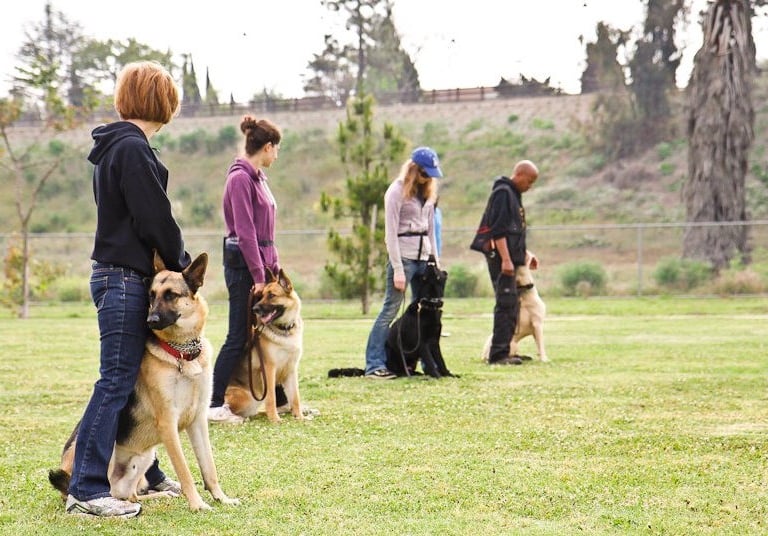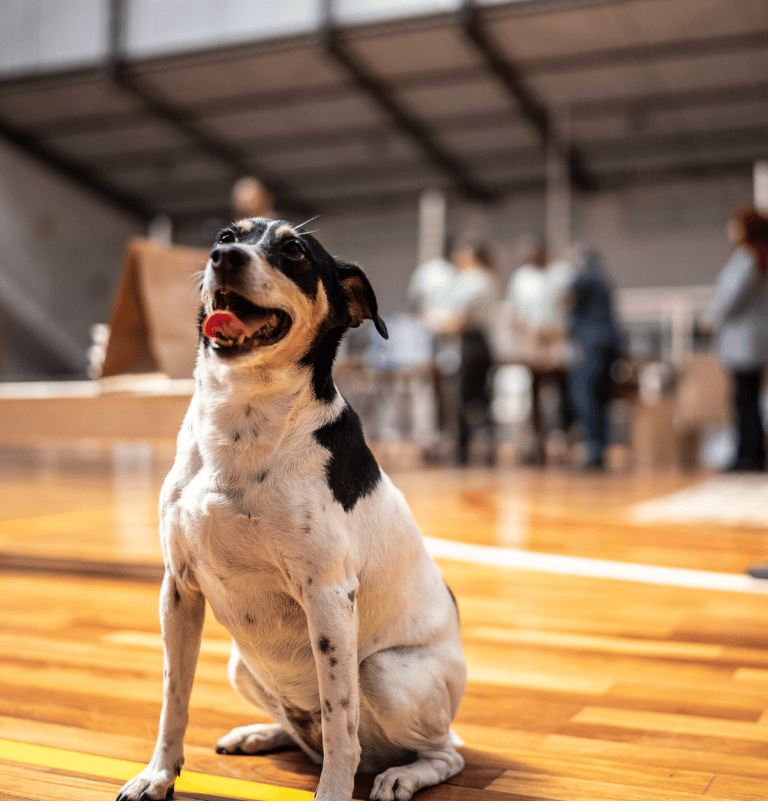
Beyond The Bark
Join The Next Reactivity Program
See How It Works
If every walk feels like a battle, you’re not alone and we can work through it together.
Next Intake: 01/11/2025

What's Invloved In Our Reactivity Program


Social Queues/ Social Context




Safety & Mitigation
Feeling every walk turn into a tug of war?
Your dog spots another canine, a cyclist, or even a pram and the barking and lunging start. You find yourself choosing quiet streets, walking at odd hours and bracing for the judgemental looks that follow. It is not a sign of a bad dog or a bad owner. It is a stressed dog without the skills to cope.
Our Reactivity Program shows you exactly how to swap chaos for calm.
Over Five Weeks you receive
Trigger Assessment and Behaviour Plan
We identify every sight, sound or movement that sets your dog off and set clear distance and duration goals you can measure.Calm Response Conditioning
Learn counter conditioning, leash pressure release skills and confidence drills you can repeat at home in ten minute practice sessions.Guided Exposure Sessions
Train in safe set ups with helper dogs, then apply the same skills on a supervised walk in a public space so progress carries into daily life.Emergency Handling Skills
Practise quick turnarounds, steady body blocks and secure leash grips so you can defuse sudden triggers calmly and keep both you and your dog safe anywhere.
By the final week your dog will walk past common triggers on a loose lead with softer eyes and you will have the knowledge and confidence to keep that progress growing.
Structured Program & Methodology
Why Do We Train In a Class Environment
Training in a small, well managed class gives you and your dog controlled exposure to the very triggers that make everyday walks difficult. With set distances and planned progressions your dog learns to focus on you while real life distractions move in predictable patterns rather than springing out of nowhere. You gain instant coaching from a professional who can adjust leash handling, timing, and reward placement on the spot. Watching other teams work through similar challenges also boosts your confidence and provides fresh ideas for home practice. Finally the shared environment builds a supportive community where successes are celebrated and setbacks feel normal rather than isolating. The result is faster learning, stronger handler skills, and a dog that can remain calm around others well beyond the training field.


Workshop Details
Duration: 5 weeks(Every Saturday)
Time: 9am
Location: Henderson (Location will be sent on enrolment)
Price: $450
What's Included: Pre-course Behaviour Questionnaire and Preparation Guide to pinpoint your dog’s triggers, Post-Program Support Provided


We also offer flexible payment plans through Afterpay, Klarna, and Zip, so you can get started without financial stress.